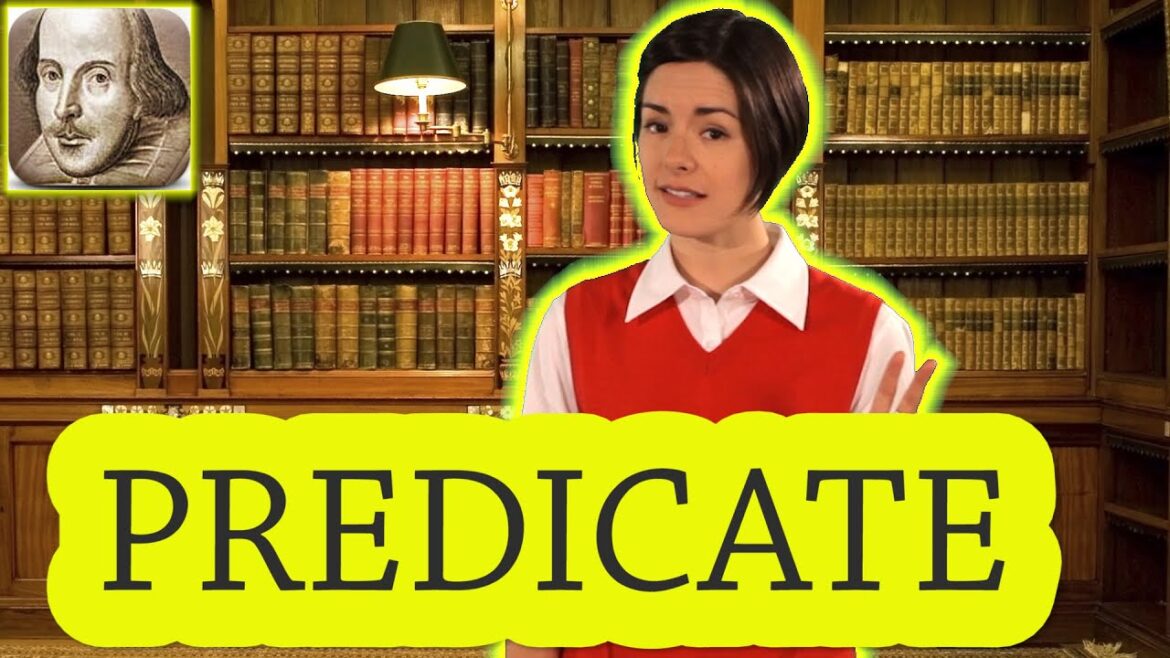870
We all learned what a predicate is at school, but over time we forget the details. Below you will find a brief explanation
What a predicate is – you should know this
The term predicate is derived from the Latin “praedicare”. Praedicare means to proclaim, announce or assert. The predicate is an essential part of a sentence that is used to describe an action or make a statement about the subject. As a rule, the simple predicate therefore follows the subject and cannot be moved if the sentence is to retain its meaning.
- If you ask the question what he, she or it does or suffers, you can easily identify the predicate of a sentence. A sentence often contains more than one predicate
- Example: We are walking in the forest. Question: What are we doing? Answer: running – so running is the predicate of the sentence.
- You can easily find out the subject of the sentence with the “who or what question” and the object can be easily identified with “whom or what” or “whose or whom”.
- The predicate describes an action or a state and is therefore the most important part of a sentence construction alongside the subject.
- As a rule, a sentence consists of at least a subject, an object and a predicate. However, this is not mandatory.
- A grammatically correct sentence, however, requires at least one subject and predicate.
- She drinks. This sentence is not very meaningful, but grammatically it is perfectly fine. In this case, we speak of a sentence minimum.
- In principle, the predicate is adapted to the subject in person and number. This means that the subject and predicate must be congruent.
- In very simple sentences, the predicate comes second, after the subject and before the object. In more complex sentences, the predicate consists of several parts. As usual, you will find the first part in the second position of the sentence. At the end of the sentence, you will discover the remaining parts of the predicate. In this case, we speak of a sentence bracket:
Predicate – use as a quality feature
Grammatical conventions aside, the term predicate is also often used explicitly to emphasize something as being special. The Latin “praedicare” also means to proclaim or make known.
- The term “Prädikat” is particularly striking in the wine sector, for example. With a Prädikat wine, a distinction is made between the Prädikats Kabinett, Spätlese, Auslese, Beerenauslese and Trockenbeerenauslese wines.
- Quality, quality or test seals, which are awarded by various institutions such as Ökotest or Stiftung Warentest, are also predicates.
- Some objects, such as cars, may not even be used without a rating – in this case the TÜV seal of approval – at least not in public spaces.
- Other goods require a predicate before they can be placed on the market. And some goods are highlighted by the “particularly valuable” rating, such as individual films or educational toys for children, among others.

